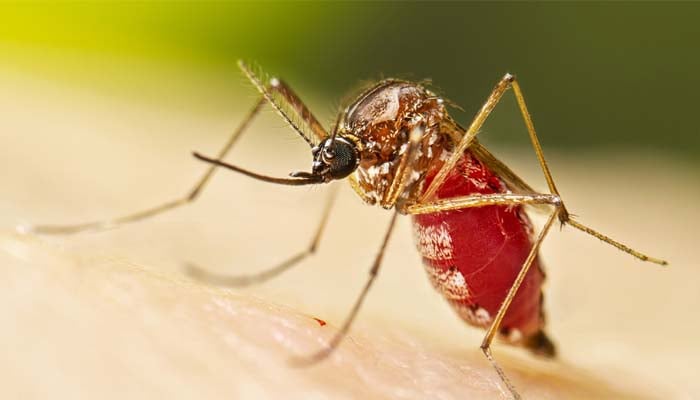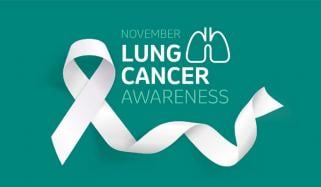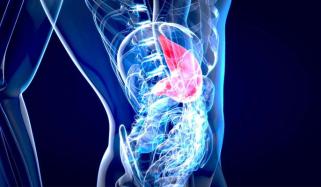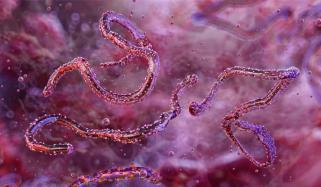
The World Health Organization (WHO) issued a warning regarding an exponential rise in cases of a mosquito-borne viral infection called chikungunya this week in Australia.
Diana Rojas Alvarez, a medical officer at the WHO, outlined an outbreak occurring across La Réunion and Mayotte. These small islands in the Indian Ocean were previously severely hit during an epidemic of the virus, which occurred in 2002-05.
Between August 2024 and May 2025, nearly 47,500 chikungunya cases and 12 deaths were reported in La Réunion.
The virus has increasingly spread to over 100 countries, with recent cases across Africa, Asia, and Europe.
Chikungunya virus symptoms
Chikungunya viral infection symptoms include joint swelling, fever, muscle pain, headache, and more. If left untreated, it may turn out to be fatal.
Notably, individuals with pre-existing medical conditions, infants, and elderly people are more likely to develop the disease.
Symptoms appear 3–7 days after contracting the virus and may continue for weeks; some individuals lingering joint pain for months and years.
The virus is transmitted through female mosquitoes, including Aedes aegypti and Aedes albopictus mosquitoes that also spread other serious infections such as dengue.
Treatment
Currently, there is no particular vaccine available to treat the infection in Australia; the only way to prevent it is by avoiding bites — using repellents, and wearing light coloured clothing.












